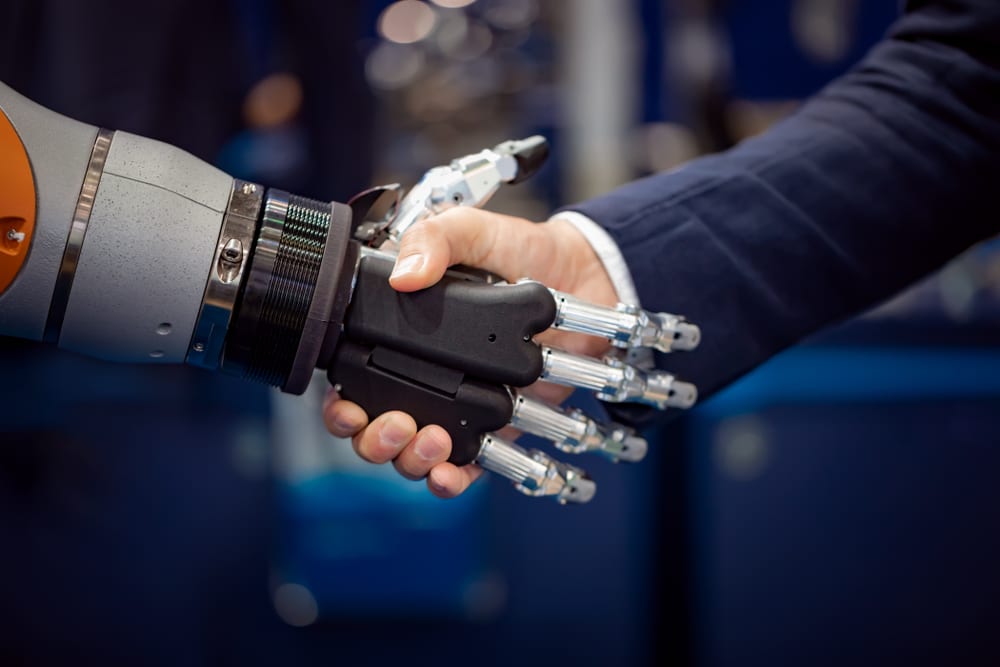
Robots go from being enemies to protectors of workers
For decades, unions feared that a worker would lose a job every time a machine entered the workflow. The coronavirus pandemic has forced a small but significant change in this calculation. Because human contact spreads disease, some machines are now seen not exclusively as enemies of the workers, but also as their protectors. That has accelerated the use of robots, and no one expects to stop, even after the virus is mastered.
The consequence is the spread of windshield-mounted toll detectors, automatic floor cleaners in factories, salad mincers in supermarkets, mechanical butlers in hotels.
The influence of technology on employment has been a subject of anxiety and study for generations, with mixed results. Cars didn’t kill trains, and television didn’t end radio. When banks installed ATMs, they employed more people, since the variety of their services increased. However, machines have eliminated many jobs. The current wave will also prove to be no exception, especially with public health as a top concern.
David Autor, a professor of economics at the Massachusetts Institute of Technology, stated that when we come out of this crisis and labour is cheap again, companies will not necessarily reverse these inventions. These are one-way transitions.
Covid-19 pandemic is accelerating the transformation towards digitization
IndustriALL auto director Georg Leutert assumed that the coronavirus is accelerating digitization transformation.
Now office workers are staying at home communicating via remote tools. Bus drivers, sandwich stand owners, and janitors are in trouble as their jobs, which support the office work, decrease. According to the Bureau of Labour Statistics, administrative support jobs, which include functions in office buildings, have fallen by about 700,000 in the United States since last year. The stock market, already skewed towards tech companies, has driven investors away from labour-intensive industries during the pandemic.
The new automation also appears to be affecting retail jobs. They are 500,000 less than November last year, according to the BLS. Transportation and warehousing sectors are about 100,000 jobs below their previous year’s levels. Meanwhile, retail sales are highest on record, driven primarily by e-commerce, which often employs automation.
In October, the World Economic Forum reported that 43% of surveyed companies would reduce their workforce due to technology integration. Meanwhile, 34% plan to expand their workforce for the same reason. In 5 years, the time spent on current tasks in human and machine work will be the same.


